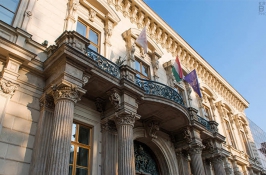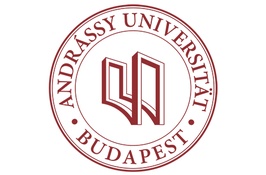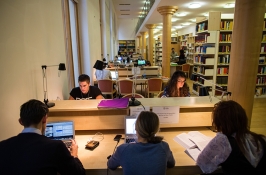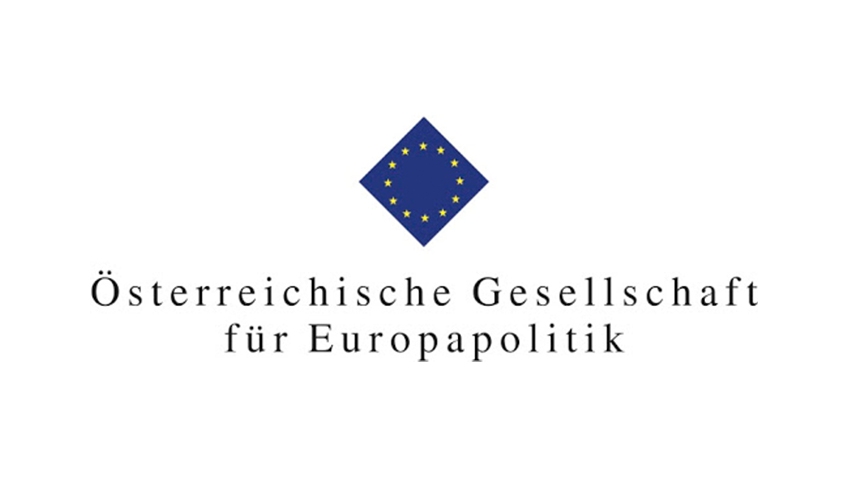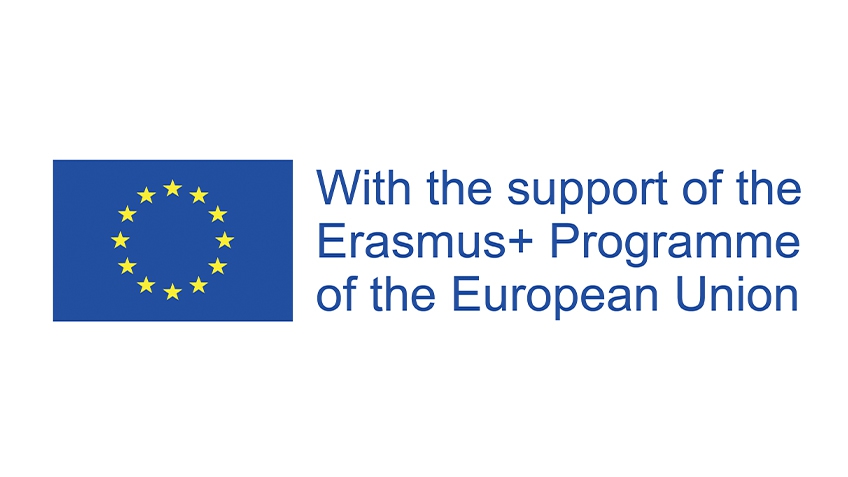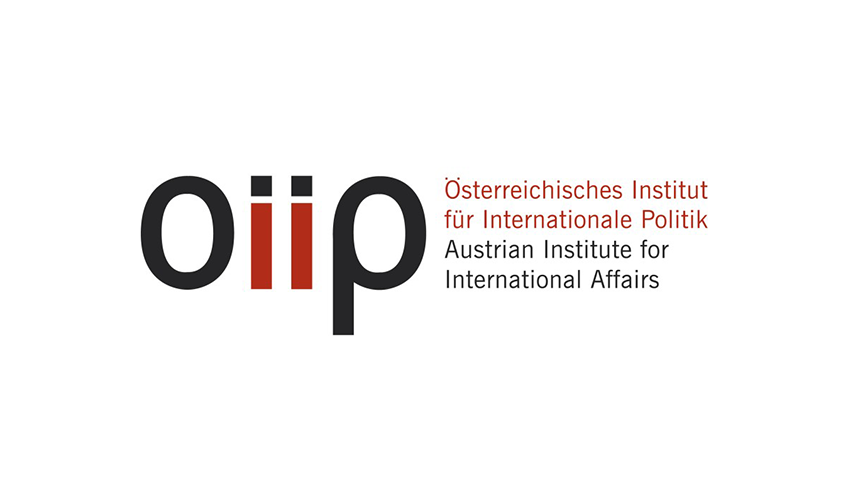For a long time, the Central and East European new member states such as Slovenia were a symbol
of successful Europeanisation and of the strength of the enlargement policy as the most important
foreign policy tool of the European Union. In the last decade, they have taken a central role in the
divide over fundamental norms and rules such as independent judiciary, media and civil society, thus
ultimately playing in favour of the enlargement fatigue in the Western Europe.
Recording for the public debate October 14 (Public Event)
3rd "Ideas go public Lab" on 17-18 February 2022 in Pristina (Programme)
The panel explored the challenges and prospects of “young Europeans” in Kosovo (and similarities across the Western Balkans region) in the current socio-economic context, existing education system, limited freedom of movement and the COVID-19 pandemic impact. The recent breakthroughs of young Kosovars in the international arena will paradoxically be used to illustrate their (bumpy) road to success helping us unveil the main challenges encountered.
4th "Ideas go public Lab" on 19-20 May 2022 in Paris (Programme)
Right in between the tail of the presidential race and the head of the parliamentary elections, our
WB2EU 4th Ideas go public Lab focuses on the general politics of enlargement in France. The
Russian aggression on Ukraine has rekindled a movement of solidarity and mobilisation akin to
those of 1956 for Hungary, 1968 for Prague or the 1980’s for Poland. The reconfirmation for
Ukraine of its European destiny, in the face of war, and its domino effect on Georgia and Moldova,
triggered a refreshed interest in the French public and political spectrum for the EU’s
enlargement goals and processes. In this regard, we found relevant to reflect on what this novel
context could mean for the Balkans’ path into the EU and the associated political narratives and
plays.
The WB2EU 4th Ideas go public Lab served the following purpose:
- To have an intensive debate about the general politics of enlargement in France, the EU’s
enlargement goals and processes.
- To reflect on what the latest developments in Europe mean for the Balkans’ path into the
EU.
- To have an exchange with political stakeholders and further establish academia-policypolitics
alliance around the project
5th Ideas go public Lab on 19-20 September 2022 in Belgrade, Serbia (Programme)
In two panel sessions of our public debate in the framework of our 5th Ideas go public Lab we discussed inequality in the Western Balkans & the situation of young people in the labor market & education. The main topics of discussion:
According to the Commitment to Reducing Inequality Index, Serbia is at the bottom of Europe and 84th on the list of 154 countries in the world. One of the causes of high inequality in Serbia is the high percentage of persons who have a very low work intensity. Similar state of affairs effects the entire Western Balkans region, as Albania is ranked 80th, North Macedonia 103rd, and no data for others. The share of these persons aged up to 60 years old in Serbia (21.2%) is much higher than the European average (10.5%) and individual EU countries. The economic insecurity is followed by a lack of social measures and respect for basic human rights for the most vulnerable groups in Western Balkans region, such as Roma, women 45+, people with disabilities and LGBTI+ community.
In the Republic of Serbia, an institutional, legislative and strategic framework aimed at young people has been developed. The position of young people, however, is often assessed as unsatisfactory, primarily due to the position of young people in the labor market, but also the quality of the education system, which is the case throughout the whole WB6 region. Regarding the views of youth on the Republic of Serbia entering the EU in 2021, a historic low of 39% of young people supported Serbia joining the EU, 33% were against it, while 28% did not know. According to the research, more than half of young people are not interested in being informed about socio-political events, while the interest to be actively involved in sociopolitical events is even less. Slow process, and often a status quo in EU Integration led to loss of trust of youth towards the process itself, which can cause a spill-over effect in the entire WB region.
6th Ideas go public Lab on 23-24 March 2023 in Berlin, Germany (Programme)
The event will extend the current discussion on the EU’s enlargement policy in the Western Balkans to a broader public in Germany. The debate will focus on the question to what extent the „Zeitenwende“ proclaimed by Chancellor Scholz in Germany after Russia’s invasion of Ukraine has an impact on the EU’s enlargement policy in the Western Balkans. It will furthermore offer the opportunity to get first hand insights on the current developments in the region.
The event will take place in cooperation with the Representation of the European Commission in Germany.
WB2EU SUMMER SCHOOL: Regaining new European and democratic momentum together, 5-9 September 2022, Cres, Croatia (Programme)
The “Summer School”, organised in Cres (Croatia), focused on the main topic “Researchers meeting Activists: Regaining new European and democratic momentum together”.
The involvement of young researchers in the project provides them with knowledge, experience and skills relevant for their academic and professional futures.
This leads to
- an increased interest and understanding of the topic of Europeanisation and democracy development in the Western Balkans among young researchers and thus better opportunities to carry out specific research on the subject for young researchers,
- increased opportunities in terms of employability and career development,
- new ties and networks between researchers and civic activists to raise mutual understanding for democracy and Europeanisation,
- new ways of influencing public debates through qualified and evidence based and yet politically engaged activities.
CRES SUMMER SCHOOL: Regaining new European and democratic momentum together, 17-22 September 2023, Cres, Croatia (Programme)
The “CRES Summer School”, organised on the island of Cres (Croatia), focused on the topic “The future of Europe: EU enlargement and neighbourhood strategy in search for new political answers”. Context: The debate on the EU’s future has to involve a simultaneous discussion about enlargement, neighbourhood and reform. Russia’s war in Ukraine has fundamentally changed the context of EU enlargement policy as well as the functioning of the Union, recalling geopolitics. Russia’s exercise of neo-imperial control brings all governments – particularly the EU’s Eastern neighbourhood and Western Balkans – in a vulnerable position by calling into question basic principles of a rules-based international order and challenging essential EU values. It also affects the question of dependencies on geopolitical powers such as China, Russia, Turkey, and the West. The EU is at a crossroad. While putting considerable emphasis on conditionality, it will likely have to move away from an enlargement policy focusing overwhelmingly on incremental reform to one that is about the survival of independent, self-determined states. Meanwhile, Ukraine and Moldova joined the group of official EU candidate countries in June 2022, which also includes Montenegro, Serbia, Turkey, North Macedonia and Albania. Bosnia and Herzegovina applied for EU membership in 2016 and Georgia in 2022, but so far remain potential candidates. Visibly, the European Union – absorbed by other crises and the impact of the war – is struggling to respond. For a long time, enlargement was considered one of the EU’s most successful foreign policy instruments. But today the EU’s enlargement and neighbourhood strategy require a major re-set and new political answers.
Aims of the “Cres Summer School”: The aim is to support a new generation of young European experts, scholars, activists and engaged citizens in their work for a new Europe and new European togetherness. The interaction will provide - especially the young researchers and activists - with knowledge, experience and skills relevant for their professional futures and for the future of Europe. Researchers and activists, starting from those that participated in the first edition of the Summer School in Cres in September 2022, organised in the framework of the “WB2EU project”, will form a vibrant new network of enthusiastic young people and leaders able to meet political challenges, deepen the dialogue with decision-makers and thus to contribute to regaining a new European and democratic momentum. The “Cres Summer School” will lead to 1. an increased understanding of Europeanisation and democratic developments among young researchers and activists, 2. new ties and networks between researchers, civic activists and politicians, 3. new ways of influencing public debates through qualified and evidence based and yet politically engaged activities.
Policy Briefs
The AUB Policy Briefs can be found here.

